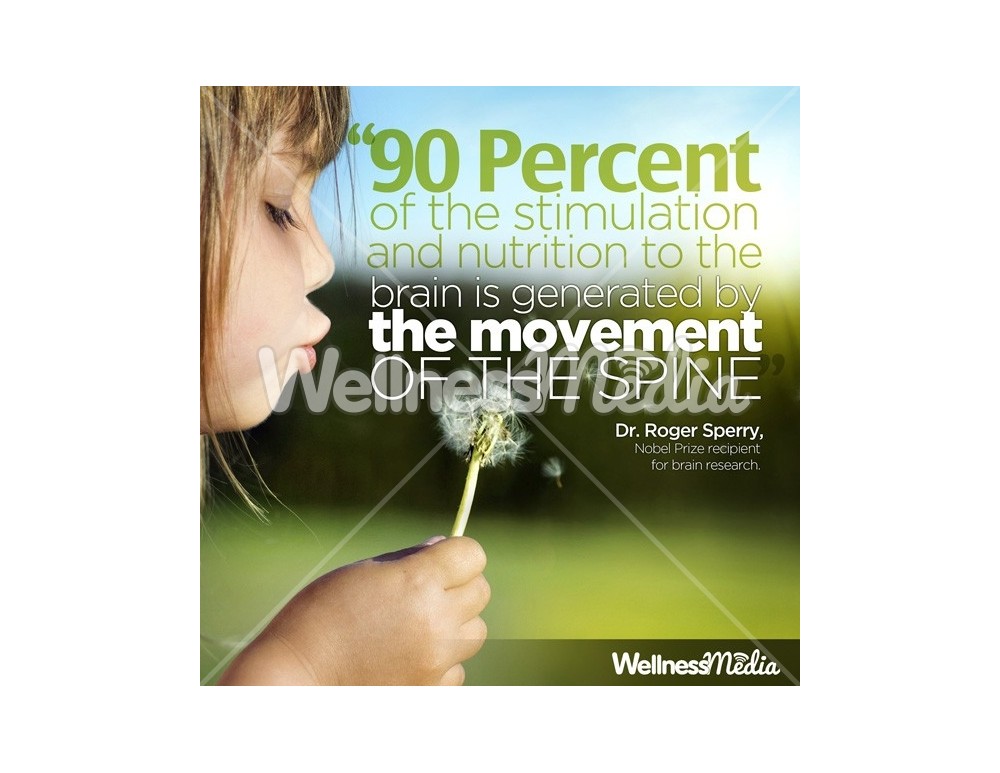Just When You Think Alleviation Is Near, Soft Tissue Therapy Exposes Its Awkward Facts-- Find Why The Procedure Can Be Agonizing Yet Advantageous
Just When You Think Alleviation Is Near, Soft Tissue Therapy Exposes Its Awkward Facts-- Find Why The Procedure Can Be Agonizing Yet Advantageous
Blog Article
Material Composed By-Holman Rytter
When you go through soft Tissue therapy, you may locate it surprisingly uneasy. This discomfort occurs as pressure is applied to strained muscular tissues and damaged cells, causing your discomfort receptors. While it can really feel upsetting in the minute, there's a factor behind this experience. Recognizing what takes place in your body during these treatments can assist you appreciate the process. So, just what is going on below the surface?
The Physiology of Discomfort During Soft Tissue Therapy
When you undergo soft Tissue treatment, your body's feedback to pain is an intricate interplay of physical processes. As the specialist uses stress, your body triggers discomfort receptors, sending signals to your brain. please click the up coming article sets off the release of natural chemicals, such as compound P and glutamate, which intensify the experience of pain.
Your muscles might also tighten in reaction, further complicating the experience. Furthermore, your body might launch endorphins, natural pain relievers that can help reduce some discomfort.
The communication in between these processes can produce a distinct experience for each person. Recognizing this physical action assists you navigate the experiences during therapy, allowing you to value the balance between discomfort and the potential for healing advantages.
The Role of Discomfort in the Healing Refine
Although pain during soft Tissue treatment can feel frustrating, it plays a crucial function in the healing process. When you experience pain, your body is indicating that it's functioning to repair damaged tissues. This feedback assists increase blood circulation to the afflicted location, supplying essential nutrients and oxygen needed for recovery.
In lymphatic.massage near me , pain can advertise the launch of endorphins, your body's natural painkillers, producing a sense of relief post-treatment. Accepting read this article can aid you understand your body's limitations and encourage you to address underlying issues.
While it's uncomfortable currently, this process is essential for long-term healing and improved feature. Acknowledging pain as an important part of healing can empower you to remain dedicated to your therapy.
Tips for Handling Pain During and After Therapy
Handling pain during and after soft Tissue treatment can considerably boost your overall experience and recuperation.
To start, connect honestly with your specialist about your pain levels; they can readjust techniques accordingly. Utilizing deep breathing techniques can additionally help you loosen up and ease discomfort.
Take into consideration applying ice to the treated location post-session to decrease inflammation and numb soreness. Remaining hydrated aids in the healing process, so drink a lot of water.
Gentle stretching and light motion after treatment can advertise blood circulation and simplicity rigidity. Last but not least, ensure you obtain appropriate remainder to enable your body to heal.
Implementing these suggestions can make your soft Tissue therapy much more convenient and pleasurable.
Conclusion
To conclude, while soft Tissue treatment can be uncomfortable, it's important to acknowledge that this pain plays an essential function in your healing journey. By understanding the physical reactions at play, you can come close to the treatment with a much more favorable way of thinking. Remember, the first pain usually gives way to alleviation as your body releases endorphins. Welcome the procedure, and do not hesitate to utilize the tips for handling pain to improve your experience and recuperation.
